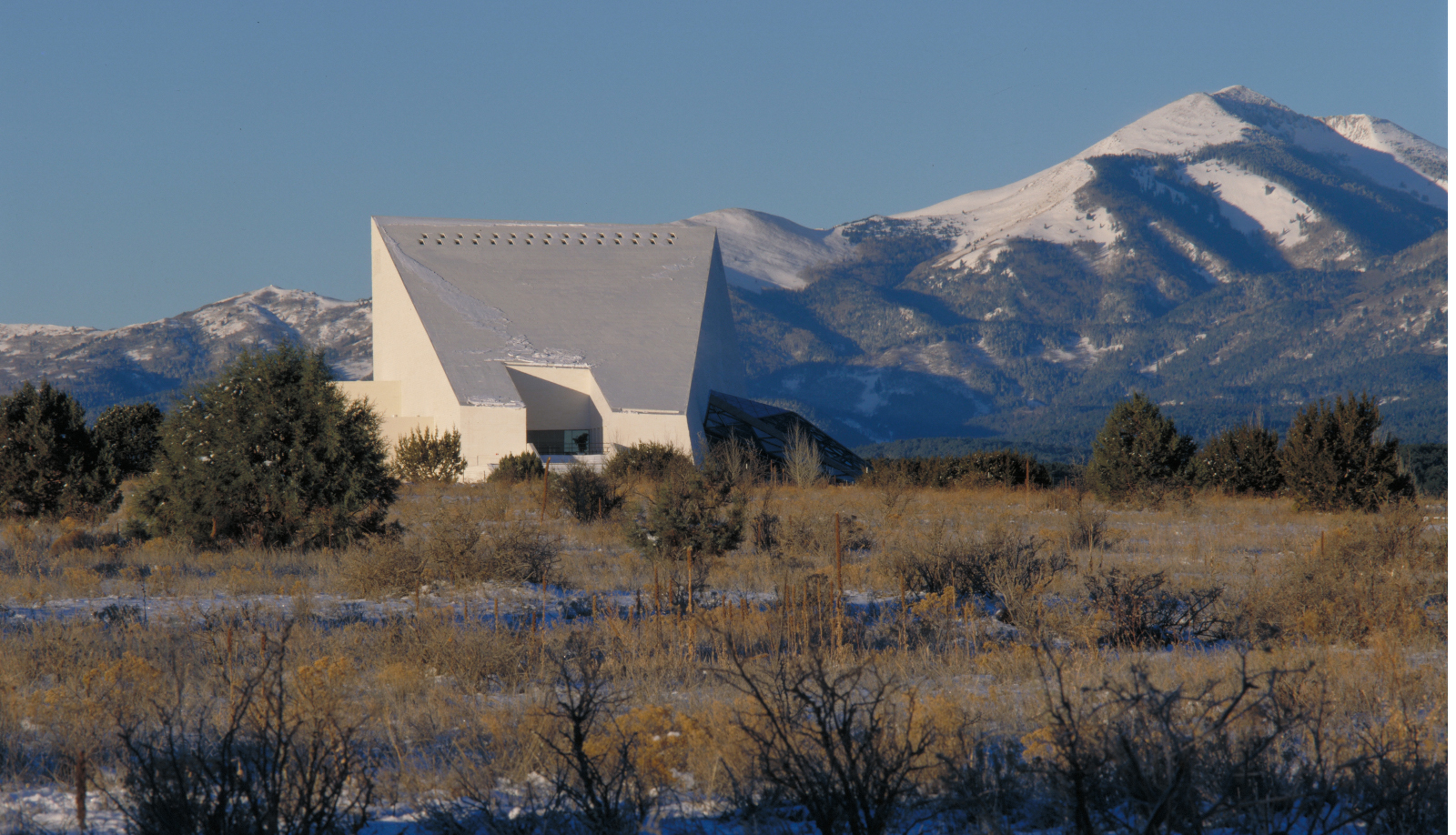
Internationally acclaimed architect Antoine Predock died on 2 March 2024 at his home in Albuquerque. The 87-year-old left a lasting legacy, and tributes to his work have been pouring in from around the architectural world.
Trying to pin down that legacy is like trying to fit one of Predock’s buildings into conventional architectural categorisation: the man and his work didn’t so much defy description as transcend it. His architecture is a feast for the senses – not just the visual but also the tactile and the experiential. Poised at the juncture of modernism and post-modernism, it exists into a realm where the heart trumps reason, fantasy follows gravitas, and genius loci co-exists with the immemorial. As Predock famously said, 'The best buildings are time travellers.'
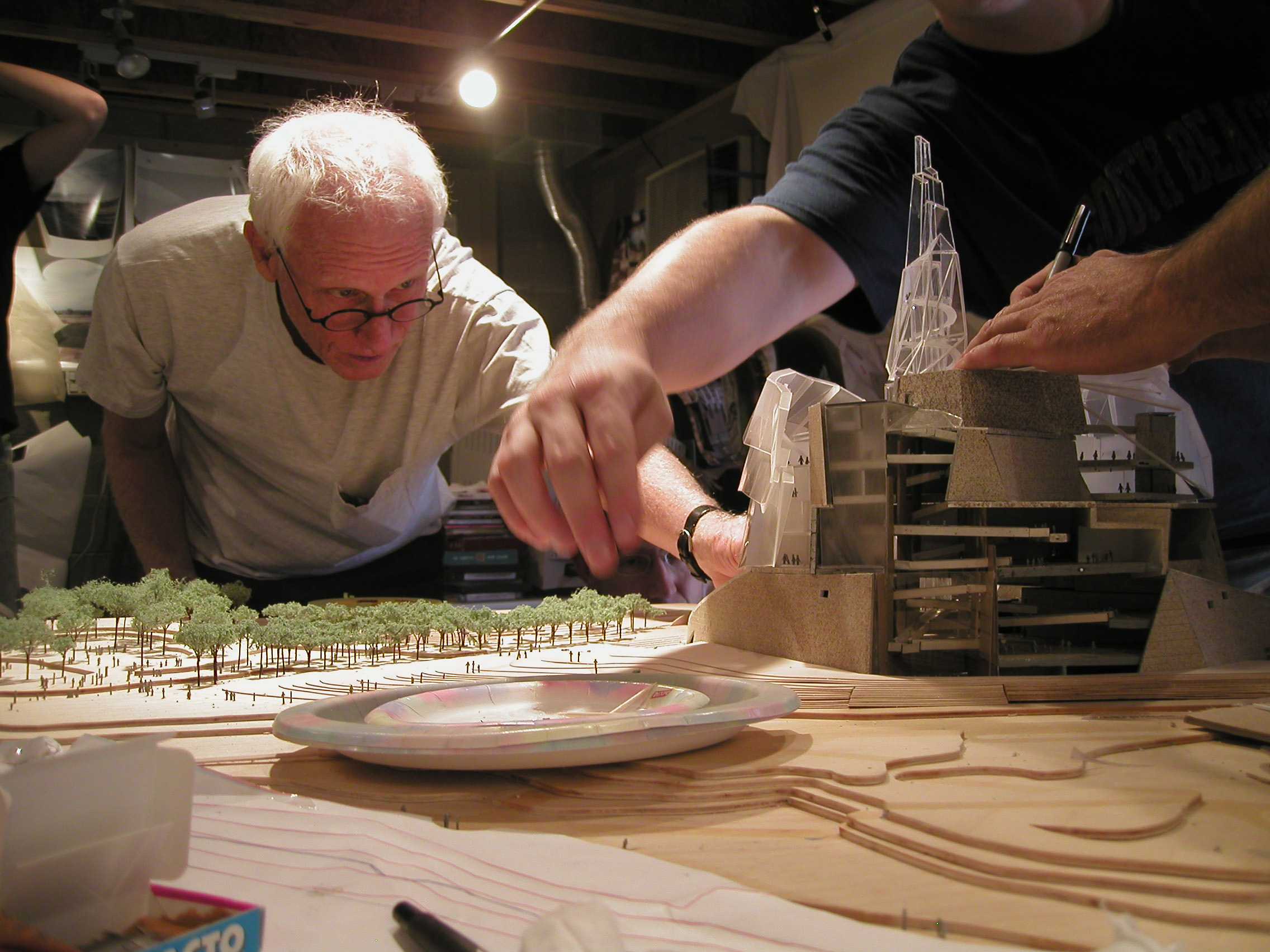
The life and work of Antoine Predock
In his narrative- and image-rich book Ride, released 2 April 2024 by Rizzoli, which Predock called his 'memoiriograph', he wrote: 'The point of light is the beginning. And the most difficult thing for many is to recognise it and jump on it, take a ride.'
And yet his work – informed by his architectural heroes Louis Kahn and Frank Lloyd Wright (in his early studies in engineering and painting), and by his marriage to a dancer in the 1970s and exposure to the Cunningham technique (training for flexibility and strength in body and mind) – was at once a physical and metaphysical ride.
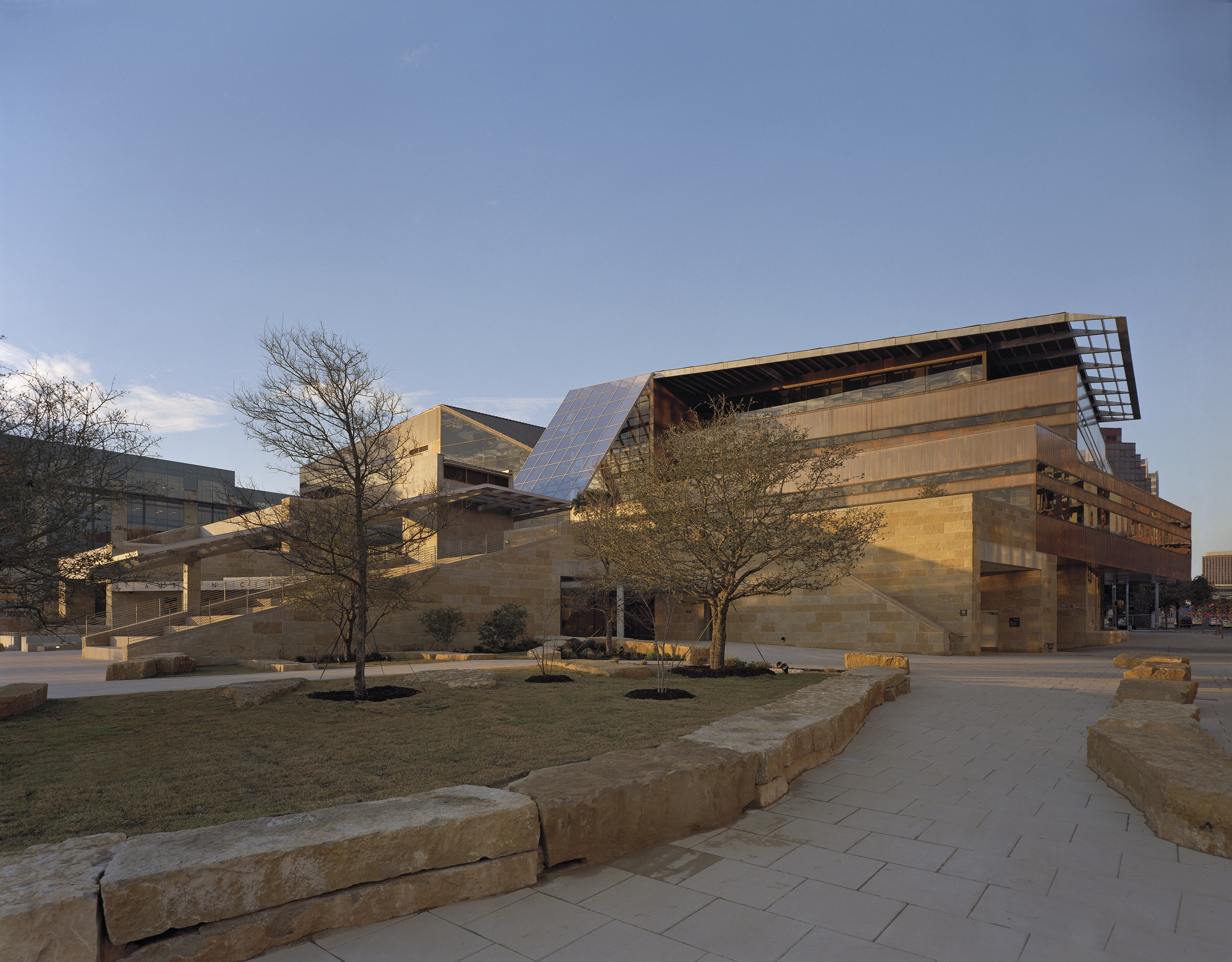
A practitioner of the spiritual exercise of Subud, an international interfaith movement, as well as a lover of baseball and motorbikes, Predock had a creative process that involved elaborate storyboard-style collages of images ranging from pop culture ephemera to musings on the Pleiades. His built designs were at once rooted in a sense of place and channelling beings from 1,000 light miles away.
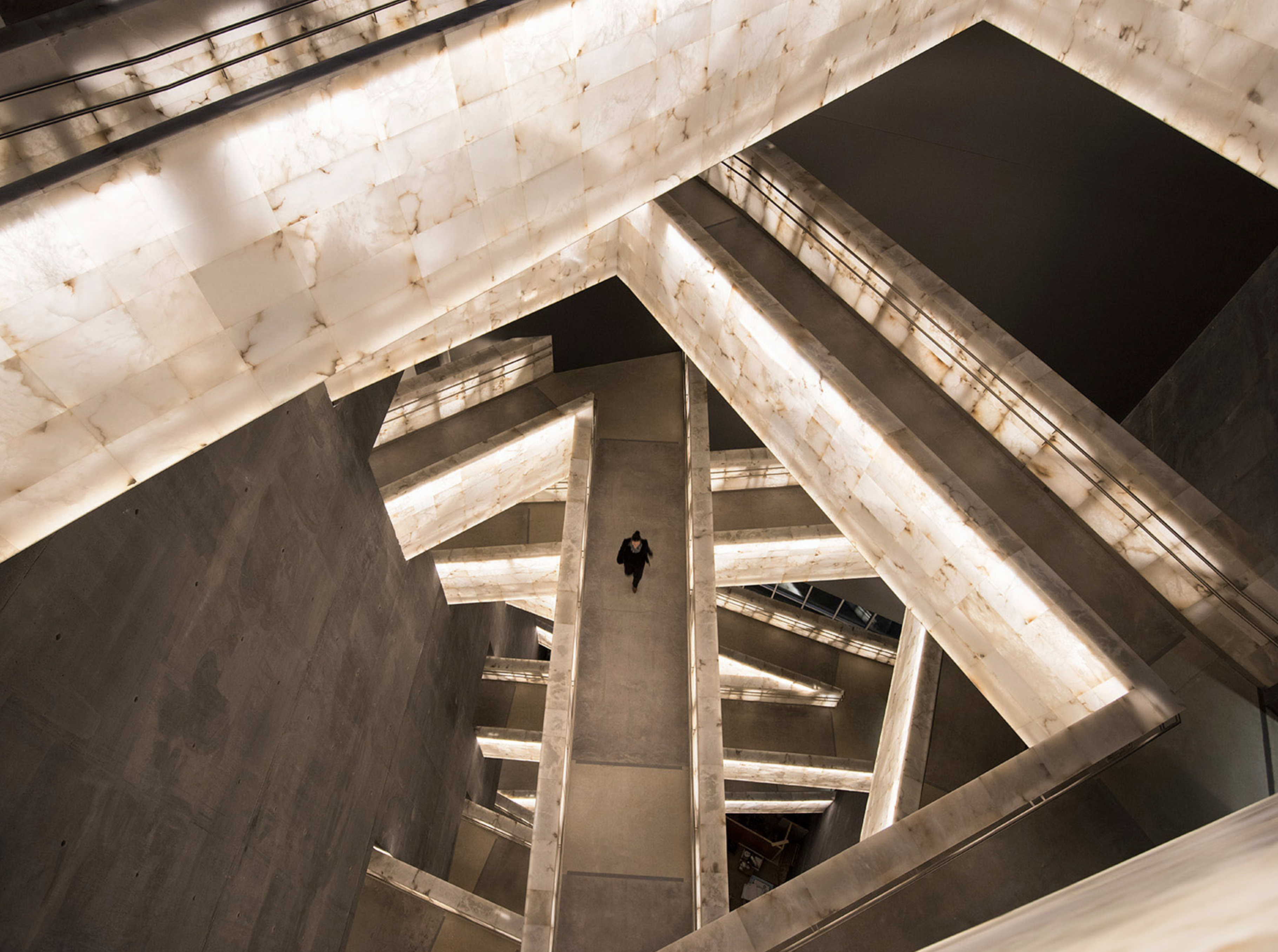
Predock was prolific; his portfolio ranges from projects in residential design (his memorable 1991 Venice Beach House, designed as a device for viewing the ocean) to art museums (his 2014 Museum of Civilization in Winnipeg) and baseball stadiums (the San Diego Padres Stadium completed in 2004).
His career-defining 1967 La Luz townhomes, carved out of a semi-arid mesa above the west side of the Rio Grande bosque, exemplified organic architecture and yet, at the right moments of the day when the sun lit it at certain angles, could have easily welcomed aliens in an of-the-era sci-fi spectacular. His 2001 Tang Teaching Museum – a lightbox rooted in the earth – was one part ski slope, and one part ramp to the mothership.
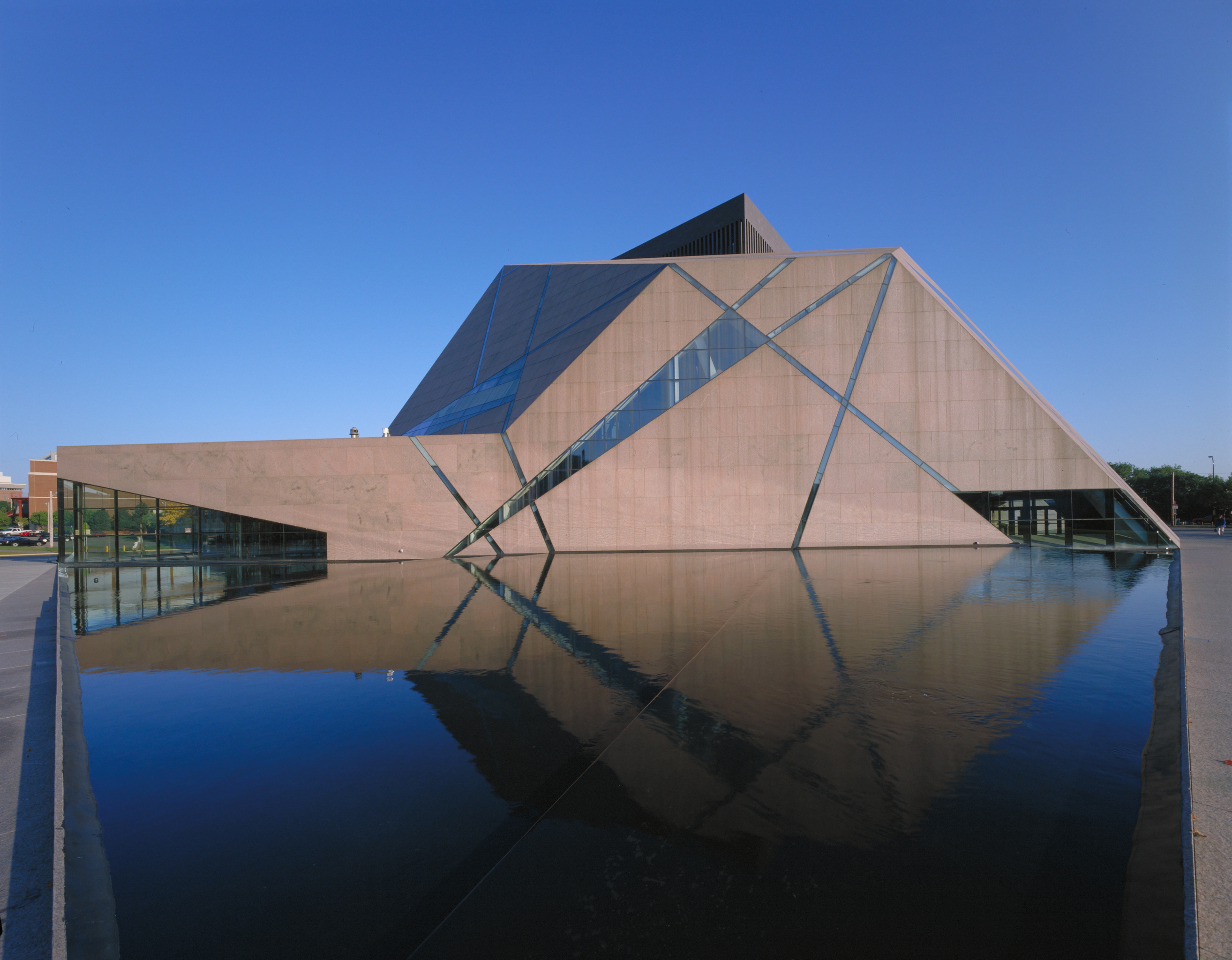
The self-described ‘portable regionalist’ who won the Prix de Rome in 1985, garnered notice from the New York archi world, with his Nelson Fine Arts Centre in Arizona in 1989 – his first national design contest winner – of which The New York Times critic Paul Goldberger noted: 'He is a theatrical architect who has the discipline to control his theatre.' Before long, he was gracing the pages of Vanity Fair and earning commissions from Disney’s Michael Eisner, winning the AIA Gold Medal in 2006.
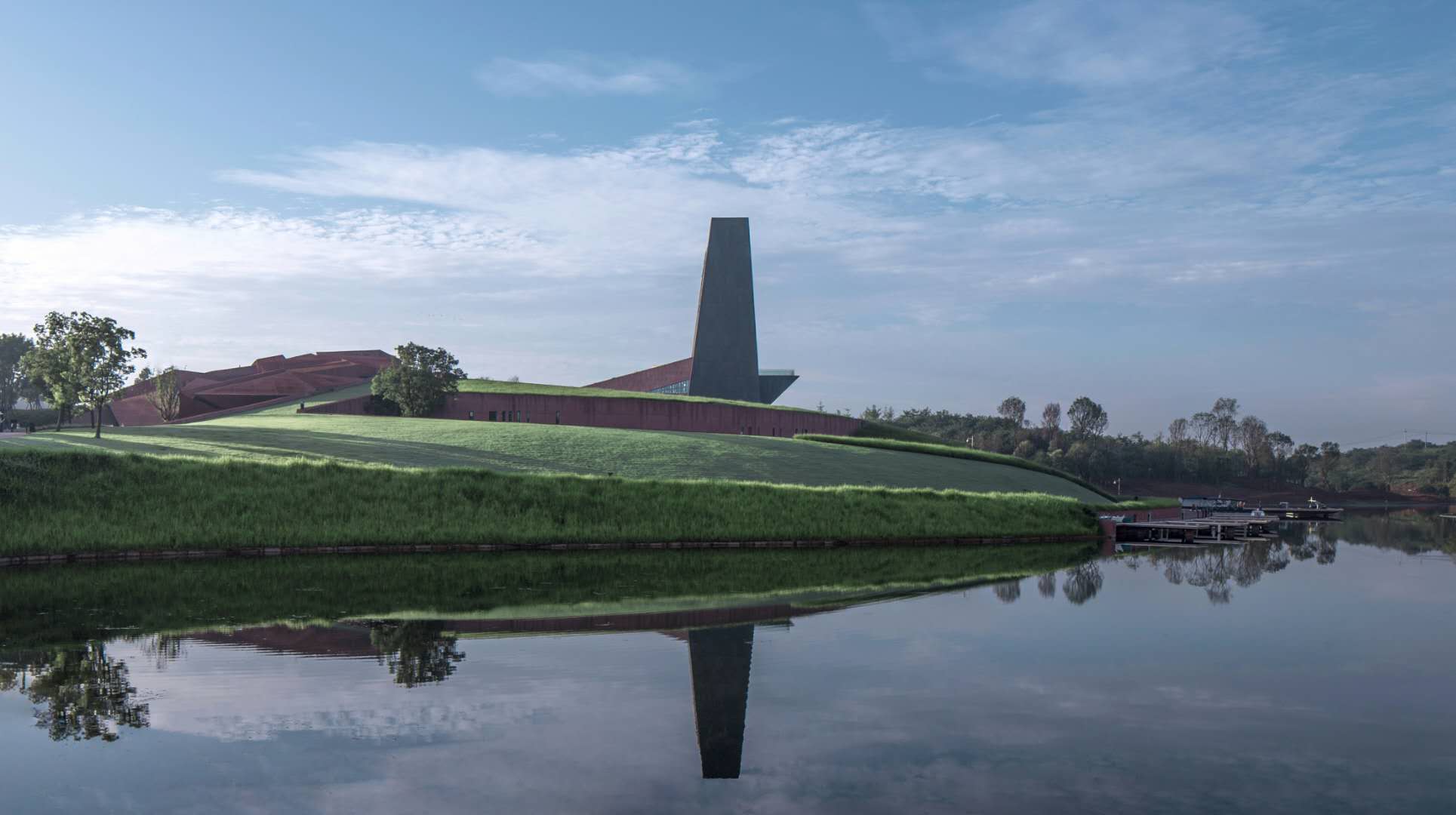
His impressive body of work appeared driven by a pure passion for architecture –and a lifelong love of drawing. An exhibition of Predock’s own sketches, drawings, and paintings, from his days at the University of New Mexico as a student of Elaine de Kooning through to his global travels, will take place at the Vladem Contemporary in Santa Fe in 2025.
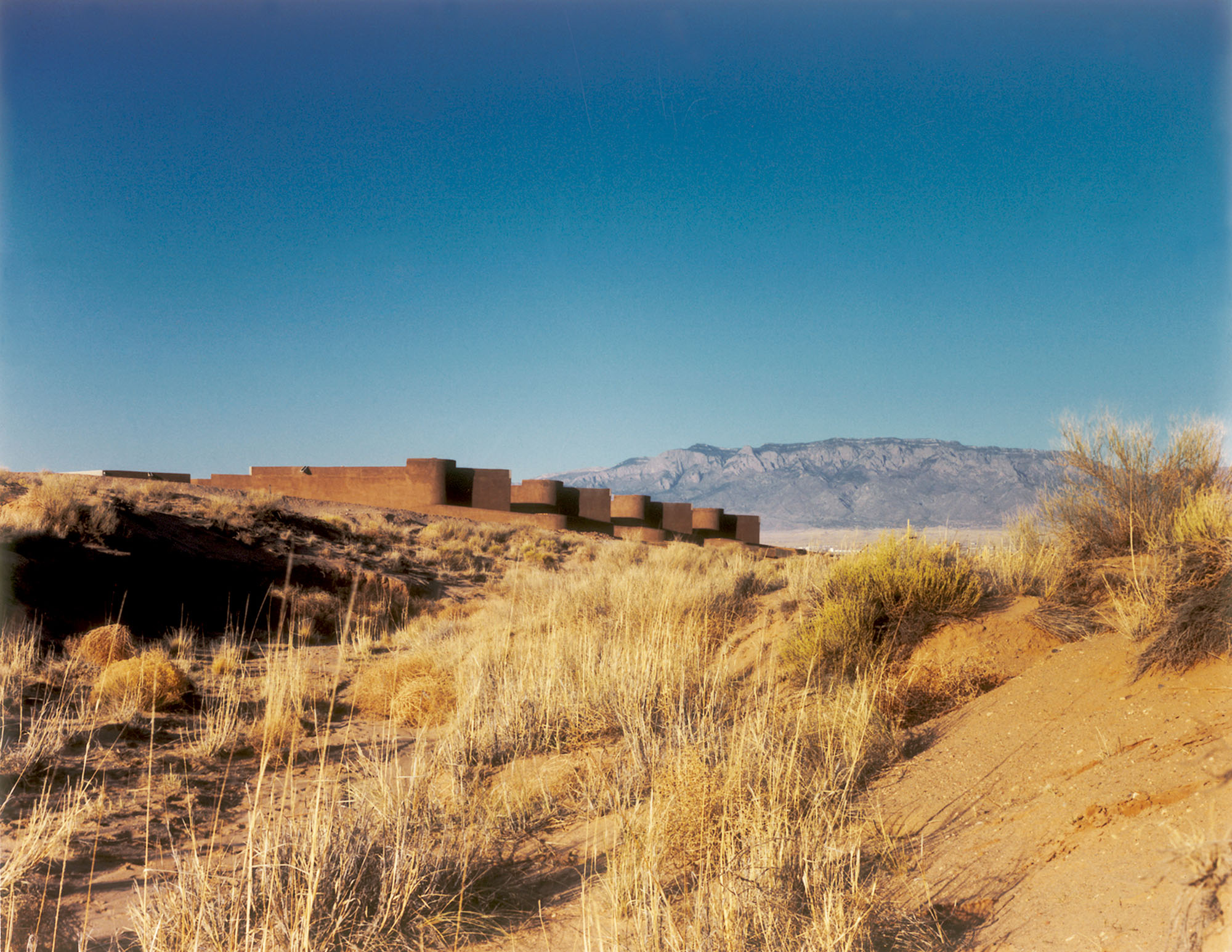
Ride: Antoine Predock: 65 Years of Architecture is published by Rizzoli, 2 April 2024 and is available at Amazon and Barnes & Noble







